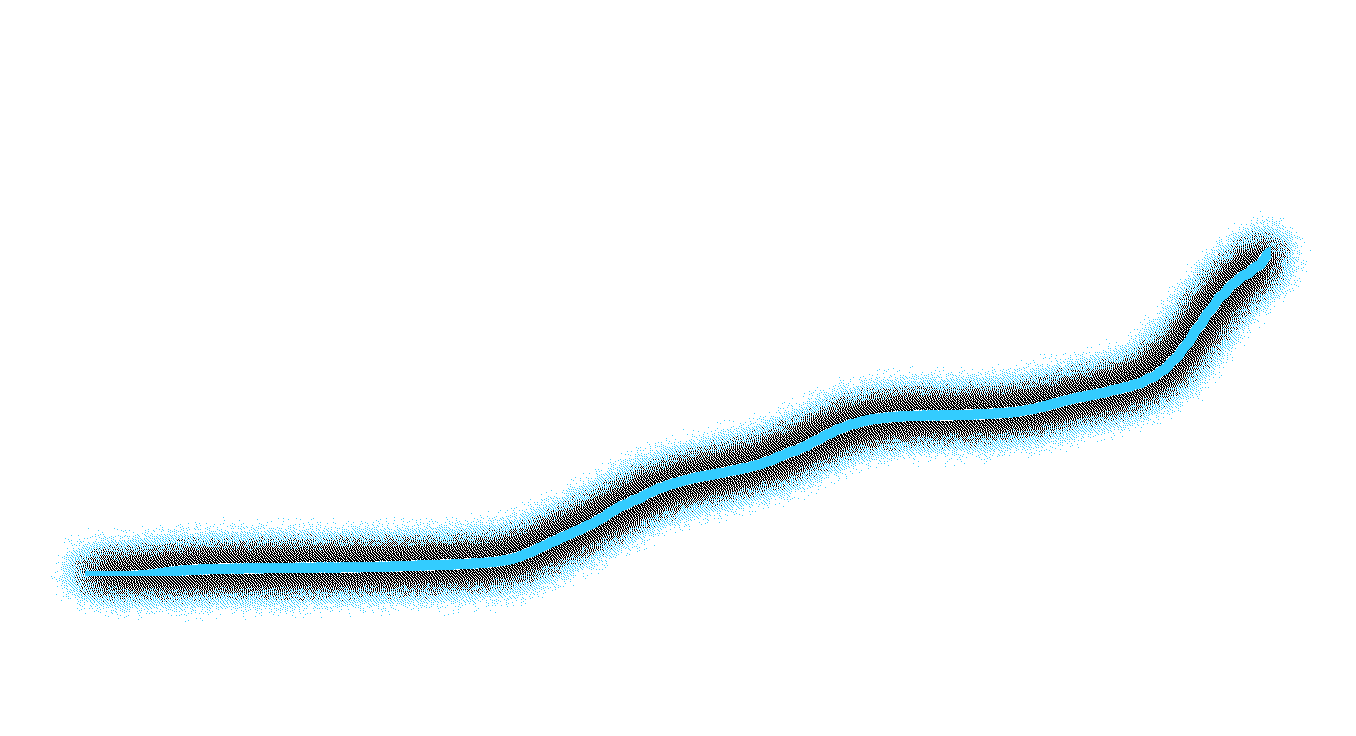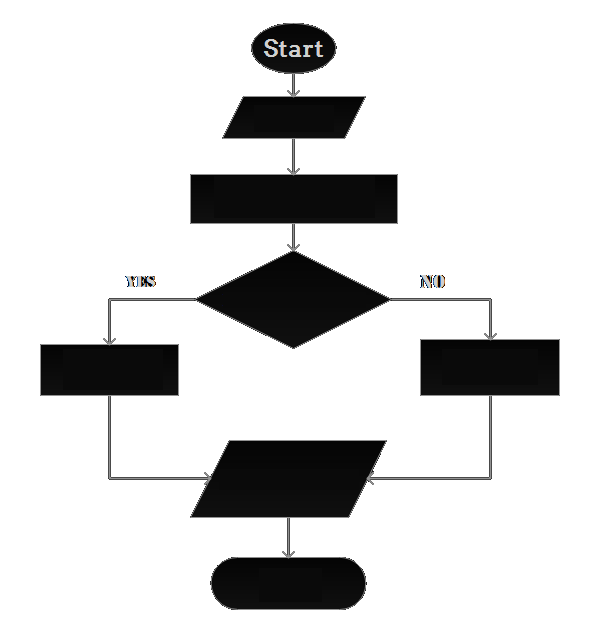Art
City
Catalog view is the alternative 2D representation of our 3D virtual art space. This page is friendly to assistive technologies and does not include decorative elements used in the 3D gallery.
The Angel of History in search of a Cyclops Vision

Spaces in this world:
Statement:
The Cyclops is a monstrous, mythological creature, known for having just one single eye. One famous cyclop, the god wodan (Odin) became a cyclops by choice when he traded an eye for the sense of future vision (a sight of his own demise).
A vision that stands in stark contrast to the Angel of History, whose view is backwards. In Refractions, the Angel of History sets out to meet and learn from the cyclops vision.
I started working on Refractions in 2023, as a research project in the framework of my European Media Art Platform residency at NeMe, Limassol, Cyprus.
Conceived by Rosa Menkman
Sound by Debit
Font by Taietzel Ticalos
Developed at NeMe (Limassol, Cyprus) in the EMAP framework.
With support from: Marios Isaakides and Irini Mirena Papadimitriou
Artworks in this space:
CUT IN TIME
2nd

A NEW HOROLOGY
I think like all of us I experienced the pandemic as an event that reconstructed and rearranged time. I suddenly had to migrate inside new tools, parameters and classes of time.

2nd

A NEW HOROLOGY
‘Who has’ or ‘who gets time’ no longer mean the same. I find myself in a constant state of dull and de-phased lethargy, while stress and latency take over whenever they wish. Time is no longer hifi, rhythmic or real. Sometimes it even feels like there is no more “time”

A NEW HOROLOGY
I see what is coming in the weeks ahead, yet the experience of shock, insecurity and boredom followed by surprise is …. unhinged. Maybe one of the realities is, that in this contemporary time of crisis, the majority of times are no longer created to be seen and experienced by humans.

2nd

A NEW HOROLOGY
Time is organised by engineers, who create artificial algorithms that obey to opaque increments. They play gymnastics and can toggle between scales smaller and bigger than a normal human can fathom.

A NEW HOROLOGY
Time is organised by engineers, who create artificial algorithms that obey to opaque increments. They play gymnastics and can toggle between scales smaller and bigger than a normal human can fathom.

A NEW HOROLOGY
Artificial algorithms create my time. They measure time beyond representation, often with a focus solely on performance. This is how time has become a fragmented standard. The cage that once regulated my live time, the clock, has shattered,
2nd

A NEW HOROLOGY
Artificial algorithms create my time. They measure time beyond representation, often with a focus solely on performance. This is how time has become a fragmented standard. The cage that once regulated my live time, the clock, has shattered,

2nd

2nd

2nd

2nd

2nd

2nd
2nd
A NEW HOROLOGY
Time and space laws suddenly apply only partially. While the algorithmically engineered landscape of time has produced distortions, vast blind spots, and wild misinterpretations of time.

A NEW HOROLOGY
Sometimes I still believe that there is some kind of scale in which an understanding of time is either right or wrong. But in fact, there is no longer an absolute and we no longer live on one axis of time. We live in algorithmically engineered times.

A NEW HOROLOGY
Sometimes I still believe that there is some kind of scale in which an understanding of time is either right or wrong. But in fact, there is no longer an absolute and we no longer live on one axis of time. We live in algorithmically engineered times.

A NEW HOROLOGY
Time has become a currency, unbound to a standard. Some of its moments are sudden points of activation; golden spikes or keypoints that help engineers assign values. Time has become a latent and a deep parameter at once.

A NEW HOROLOGY
Algorithmically engineered time is no longer a culture of humans. It seems we can no longer take our time, instead, time is taking us. Algorithmic times only answer to the undertow of sharded, engineered time. And engineered time allows for impossible times to exist. During the pandemic my ways of 'finding time' versus my ways of 'keeping time' have turned upside down.

A NEW HOROLOGY
Algorithmically engineered time is no longer a culture of humans. It seems we can no longer take our time, instead, time is taking us. Algorithmic times only answer to the undertow of sharded, engineered time. And engineered time allows for impossible times to exist. During the pandemic my ways of 'finding time' versus my ways of 'keeping time' have turned upside down.
